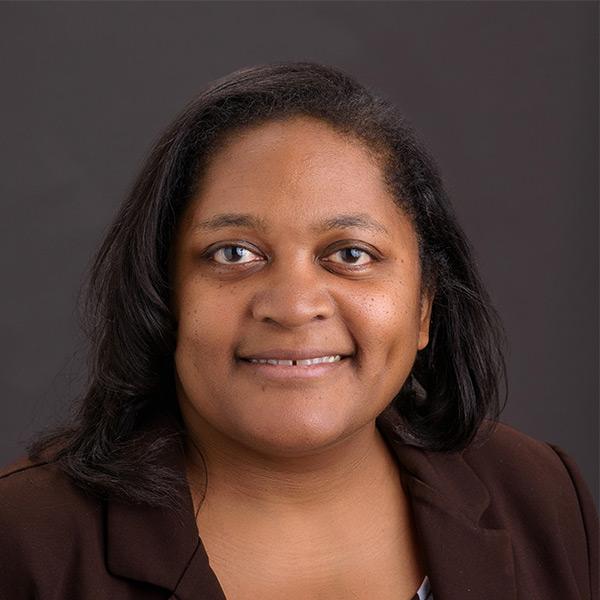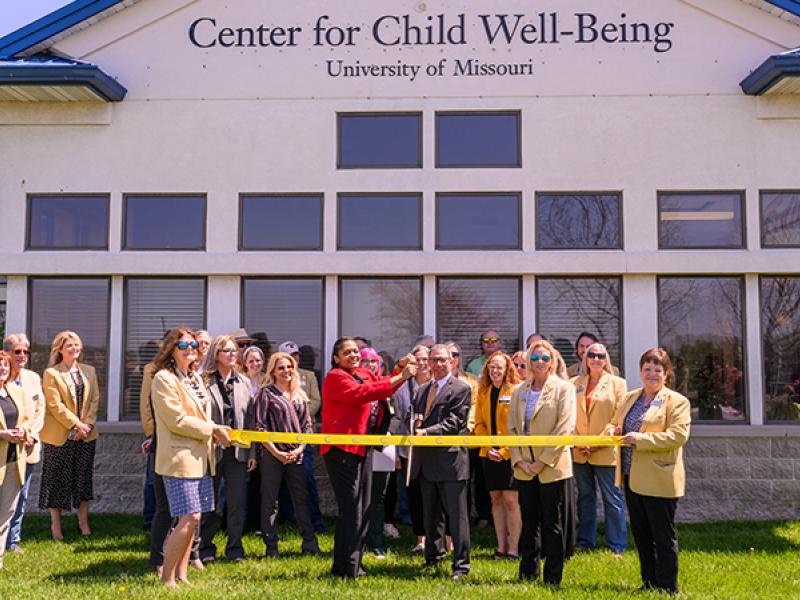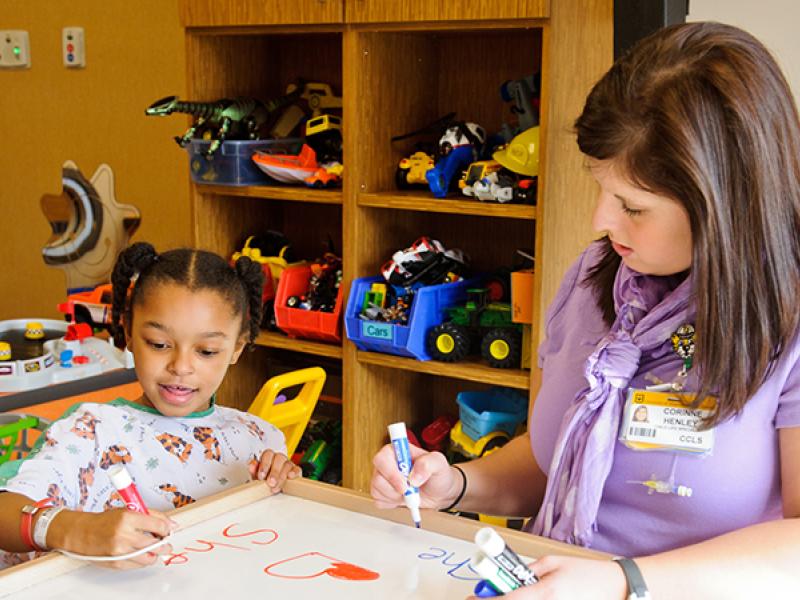Missouri Child Psychiatry Access Project (MO-CPAP) has child and adolescent psychiatrists available within 30 minutes of request and a robust care coordination service that connects families with community-based resources, such as therapy and support groups, this program promotes a collaborative approach to childhood mental health for healthcare and social service providers who serve children in Missouri.
To Learn more about our program or to access our resources, visit our new website.






